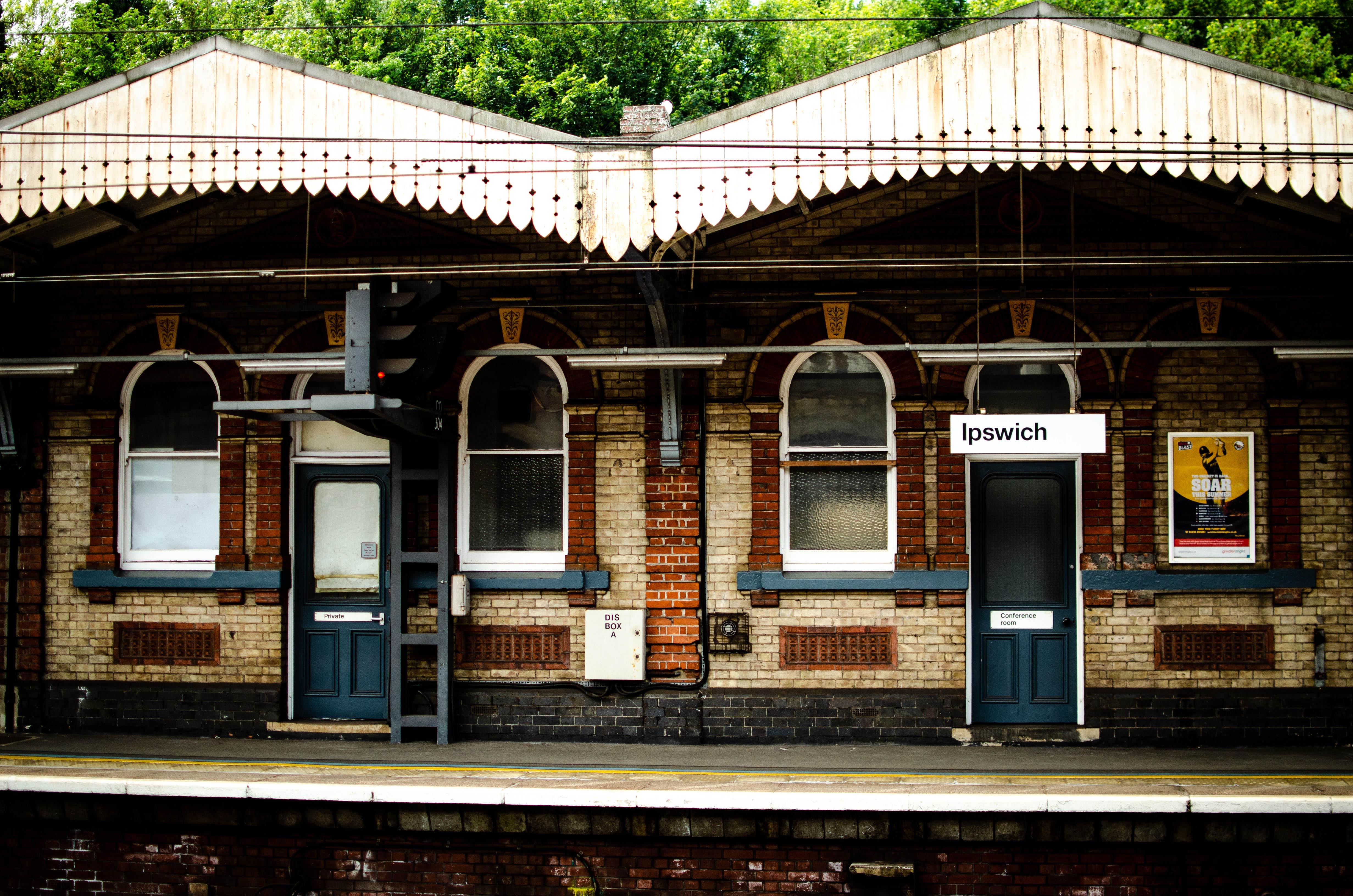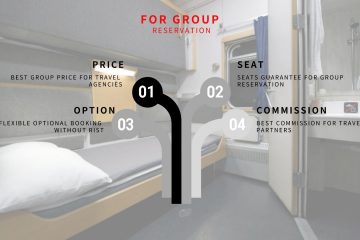Explaining train travel in Britain: Tips, tickets, discounts and routes

Credit: Rebecca Gustafson/ Unsplash)
Trains can be an excellent way to travel around Britain, with a large network and frequent service. Although the different fares and ticket types can seem incredibly complex, once you understand the options it can be a simple and affordable way to travel.
Britain’s railways have benefited from a huge level of investment during the last two decades – there are more trains and they run faster than ever. But there are also more passengers, so popular routes can be very busy. Also, services are split up between more than 20 train operating companies, so there’s an element of Balkanisation.
Service is comprehensive in the southeast of England (which includes London), the Midlands (Manchester, Birmingham etc) and southern Scotland (Glasgow and Edinburgh). However, in less-populated areas, train service can be spotty or non-existent.
6 tips for travelling in Britain by train
- Booking in advance means cheaper tickets – so if you know your dates, it’s best to get in early. The cheapest fares are usually released 8-12 weeks before the departure date, so don’t bother looking before that. TOP TIP: You can still buy ‘Advance’ tickets up to the day before travel, or sometimes even the day of. It’s always worth checking if there are any available.
- Seat reservations are not usually required but are available for free for many trains. They are a good idea during busy travel times to ensure you get a seat.
- You can sometimes find huge savings by purchasing individual tickets for each segment of your trip, rather than one ticket for the whole journey. This is especially true on long-distance fares. The train needs to stop at each station on your ticket, but you don’t have to get off or change. For example, instead of one fare from Birmingham to Leeds, consider 3 tickets: Birmingham to Derby, Derby to Sheffield and Sheffield to Leeds.
- Don’t travel at peak times, such as Monday-Friday rush hour, and look for Off-Peak and Super Off-Peak tickets. They’re not as cheap as Advance fares, but they have the advantage of not restricting you to a specific train.
- See if you’re eligible for any savings. For example, if you’re travelling in a group, you may be eligible for a Group Save discount. And it’s worth researching Rovers and Rangers passes, which can be an extremely affordable way to explore parts of Britain.
- Night trains from London serve Cornwall and Scotland, if you want to save on a night of accommodation.
Which train ticket should I buy?
Sorting through British train fares can be overwhelming. However, just like planes and buses, the earlier you buy your fare, the cheaper it will be. This is especially true for long-distance travel where a ticket bought the day of travel can cost several times more than the cheapest advance-purchase fare. Longer-distance British trains have both 1st and standard (2nd) class (as well as a cafe area).
Train passes and ticket types
On short-distance trains (eg within a city or region), the fares are usually fixed. The main types of fares for longer journeys (eg intercity and across regions) are:
Anytime
- The most expensive tickets
- Can be used on any train along the routing of the ticket
- Can be bought right up to departure
Off-Peak
- Much cheaper than Anytime tickets
- Cannot be used during busy periods such as weekday mornings and evenings
- Can be bought up until the train departs
- Can be used on any train outside of the blackout times
Advance
- The cheapest tickets
- Just like airline tickets: buy early for the best fares (they’re usually released around 12 weeks before departure)
- Many different restrictions, some are non-refundable and/or only good on a specific train
Return (round-trip)
- Various schemes that offer discounts even on Anytime tickets
- Look out for Off-Peak return fares that are only £1 more than one-way
BritRail
- Britain’s version of the Eurail Pass
- Buy it before your reach Britain
- Comes in myriad variations based on duration, class, coverage area and more
- An adult standard-class pass good for 8 days of travel in 1 month costs €221
Rovers & Rangers
- Dozens of passes that offer travel in various British regions
- May only be good for trains on one operating company
London has a dozen mainline stations , which serve different regions of Britain, such as Waterloo, Victoria, Paddington, St Pancras and King’s Cross. They are all linked by the Tube.
How do I buy train tickets?
Tickets can be purchased at most stations during business hours either via a kiosk ticket window or a ticket machine. If you prefer to book online, G2Rail partners with National Rail to provide train tickets throughout Britain.
If you book online, you’ll either receive a PDF e-ticket or you’ll need to collect your ticket from a self-service ticket machine at the station. You’ll need your 8-character code, received in your confirmation email, and the payment card that was used for purchase. It’s recommended that you allow 20 minutes to collect your tickets before departure.
Read our s tep-by-step guide to finding, booking and collecting your train tickets, and book your UK train tickets here .
Additional resources:
Get an excellent overview map of the British rail network here .
National Rail : Comprehensive official website and app filled with all manner of information and schedules.
Transport for London : An alternate journey planner source for the dense network of services in and around London.
Wherever you need to get to in the UK, you can find all your travel and booking options on G2Rail
Popular train routes:
London to Manchester
London to Gatwick Airport
Birmingham to Leeds
York to Manchester
London to Edinburgh
London to Newquay
Liverpool to Cardiff
Oxford to Cambridge
Edinburgh to Dundee
Southampton to London
Plymouth to Bristol
Leeds to Newcastle
Bath to Bristol
Brighton to London

(Credit: Rail Europe)



0 Comments